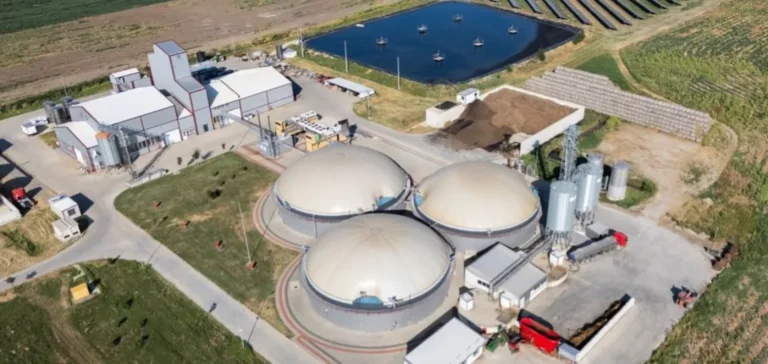Canadian company Hydron Energy Inc. has announced receiving its first order for the commercial technology called INTRUPTor-Mid, aimed at a renewable natural gas (RNG) production plant in Ontario, eastern Canada. The plant, to be built, delivered, and commissioned by Hydron, will utilise this new technology enabling improved upgrading of biogas into RNG.
Innovative technology and economic goals
The technology called Intensified Regenerative Upgrading Platform Technology (INTRUPTor™), developed by Hydron Energy, aims to considerably reduce costs associated with biogas upgrading. According to Hydron Energy’s CEO, Soheil Khiavi, this technological solution could reduce biogas upgrading costs by up to 50%, while significantly improving the carbon intensity of the RNG project. Hydron Energy states that this technology can achieve an 80% reduction in greenhouse gas emissions compared to currently available commercial solutions.
Favourable context in Ontario
The current economic context in Ontario is particularly favourable for the deployment of this technology, according to Mike Winters, Senior Vice President of Commercial Operations at Hydron. A large number of biogas production facilities in Ontario are nearing the end of their Feed-In Tariff (FIT) contracts. These agricultural sites are now looking to switch to RNG production, deemed more profitable than electricity generation from biogas.
Varied application of the technology
Hydron Energy also positions its INTRUPTor product as applicable to other sectors such as anaerobic digesters, wastewater treatment plants, and landfill sites. Operating through a biomimicry process at ambient temperature, the INTRUPTor technology significantly simplifies the design and fabrication of gas upgrading installations.
The company states that this initial order should help evaluate the real impact of the solution on the Canadian RNG market. The technology could notably influence future strategies of agricultural operators regarding their technological and financial choices for upgrading their biogas production.






















